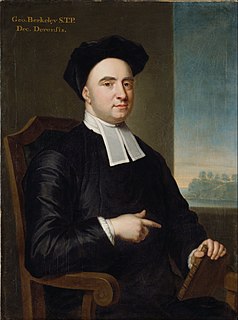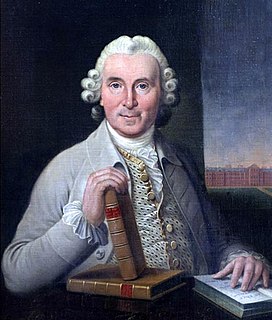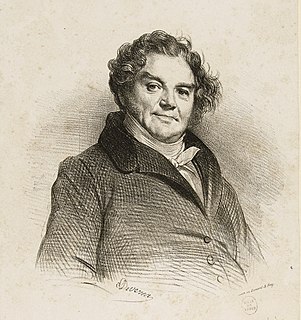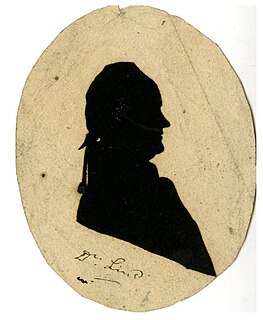Related Research Articles

Epistemology is the branch of philosophy concerned with knowledge. Epistemologists study the nature, origin, and scope of knowledge, epistemic justification, the rationality of belief, and various related issues. Epistemology is considered a major subfield of philosophy, along with other major subfields such as ethics, logic, and metaphysics.

In philosophy, empiricism is a theory that states that knowledge comes only or primarily from sensory experience. It is one of several views of epistemology, along with rationalism and skepticism. Empiricism emphasizes the role of empirical evidence in the formation of ideas, rather than innate ideas or traditions. However, empiricists may argue that traditions arise due to relations of previous sense experiences.

George Berkeley – known as Bishop Berkeley – was an Anglo-Irish philosopher whose primary achievement was the advancement of a theory he called "immaterialism". This theory denies the existence of material substance and instead contends that familiar objects like tables and chairs are ideas perceived by the minds and, as a result, cannot exist without being perceived. Berkeley is also known for his critique of abstraction, an important premise in his argument for immaterialism.

James Lind was a Scottish doctor. He was a pioneer of naval hygiene in the Royal Navy. By conducting one of the first ever clinical trials, he developed the theory that citrus fruits cured scurvy.

Scurvy is a disease resulting from a lack of vitamin C. Early symptoms of deficiency include weakness, feeling tired and sore arms and legs. Without treatment, decreased red blood cells, gum disease, changes to hair, and bleeding from the skin may occur. As scurvy worsens there can be poor wound healing, personality changes, and finally death from infection or bleeding.

Creosote is a category of carbonaceous chemicals formed by the distillation of various tars and pyrolysis of plant-derived material, such as wood or fossil fuel. They are typically used as preservatives or antiseptics.
Siris may refer to:

Francis Hutcheson LLD was an Irish philosopher born in Ulster to a family of Scottish Presbyterians who became known as one of the founding fathers of the Scottish Enlightenment. He was Professor of Moral Philosophy at Glasgow University and is remembered as author of A System of Moral Philosophy.

Eugène-François Vidocq was a French criminal turned criminalist, whose life story inspired several writers, including Victor Hugo, Edgar Allan Poe and Honoré de Balzac. The former criminal became the founder and first director of the crime-detection Sûreté nationale as well as the head of the first known private detective agency. Vidocq is considered to be the father of modern criminology and of the French police department. He is also regarded as the first private detective.

Anthony Ashley Cooper, 3rd Earl of Shaftesbury was an English politician, philosopher, and writer.

James Harris, FRS was an English politician and grammarian. He was the author of Hermes, a philosophical inquiry concerning universal grammar (1751).

Aristotle first used the term ethics to name a field of study developed by his predecessors Socrates and Plato. In philosophy, ethics is the attempt to offer a rational response to the question of how humans should best live. Aristotle regarded ethics and politics as two related but separate fields of study, since ethics examines the good of the individual, while politics examines the good of the City-State, which he considered to be the best type of community.
A priori and a posteriori are Latin phrases used in philosophy to distinguish types of knowledge, justification, or argument by their reliance on empirical evidence or experience. A priori knowledge is that which is independent from experience. Examples include mathematics, tautologies, and deduction from pure reason. A posteriori knowledge is that which depends on empirical evidence. Examples include most fields of science and aspects of personal knowledge.

Kulatissa Nanda Jayatilleke was an internationally recognised authority on Buddhist philosophy whose book Early Buddhist Theory of Knowledge has been described as "an outstanding philosophical interpretation of the Buddha's teaching" in the Encyclopedia of Philosophy.

British philosophy refers to the philosophical tradition of the British people. "The native characteristics of British philosophy are these: common sense, dislike of complication, a strong preference for the concrete over the abstract and a certain awkward honesty of method in which an occasional pearl of poetry is embedded".
Malcolm Flemyng, M.D., was a Scottish physiologist.
This is a list of philosophical literature articles.

James Lind FRS FRSE FRCPE (1736–1812) was a Scottish natural philosopher and physician.

David Macbride (1726–1778) was an Irish medical writer. He is now remembered mainly for his work on the treatment of scurvy.
David Renaud Boullier was a Dutch Huguenot theologian, Protestant minister and philosopher.
References
- ↑ B. A. G. Fuller: History of Philosophy: Modern, "Locke, Berkeley, and Hume".
- ↑ Jameson, Eric. (1961). The Natural History of Quackery. Charles C. Thomas Publisher. pp. 31-33
- ↑ David A. Grimaldi: Amber – window to the Past. New York 1966
- ↑ Berkeley, George (1744). Siris: a Chain of Philosophical Reflexions and Inquiries, Concerning the Virtues of Tar-Water. Dublin. pp. 4–5. OCLC 745134226.
- ↑ Lind, James (1757). A Treatise on the Scurvy: In Three Parts. London: A Miller. pp. 440–441. OCLC 3297608.
- ↑ Memoirs of Vidocq: Principal Agent of the French Police Until 1827. Carey, 1834
- ↑ Henry Fielding: Journal of A Voyage to Lisbon